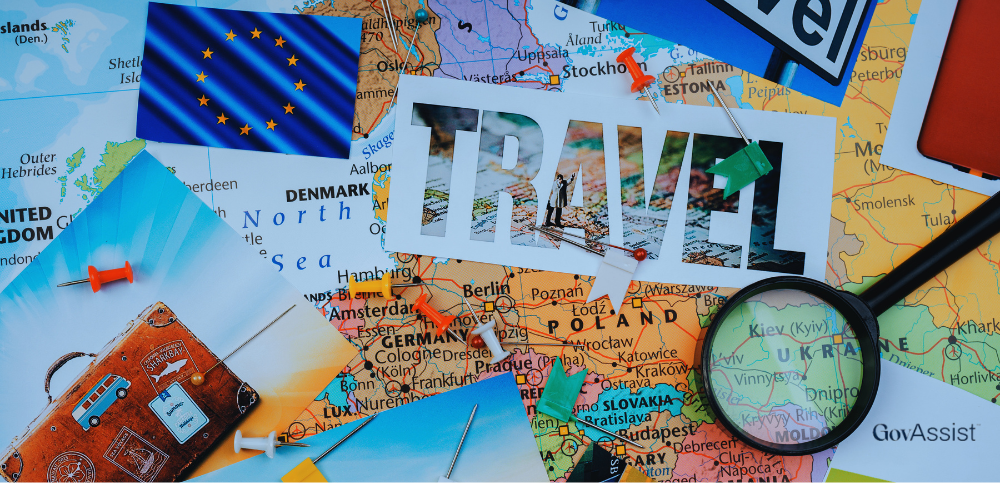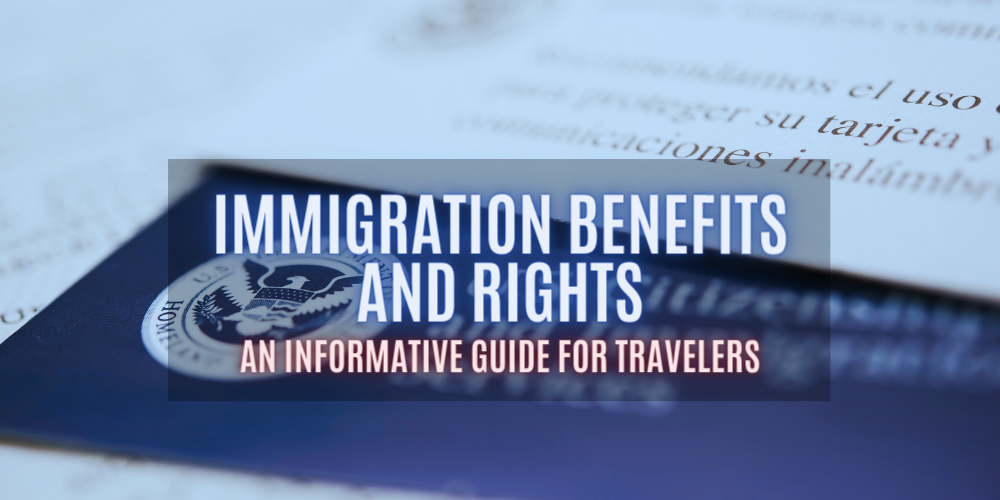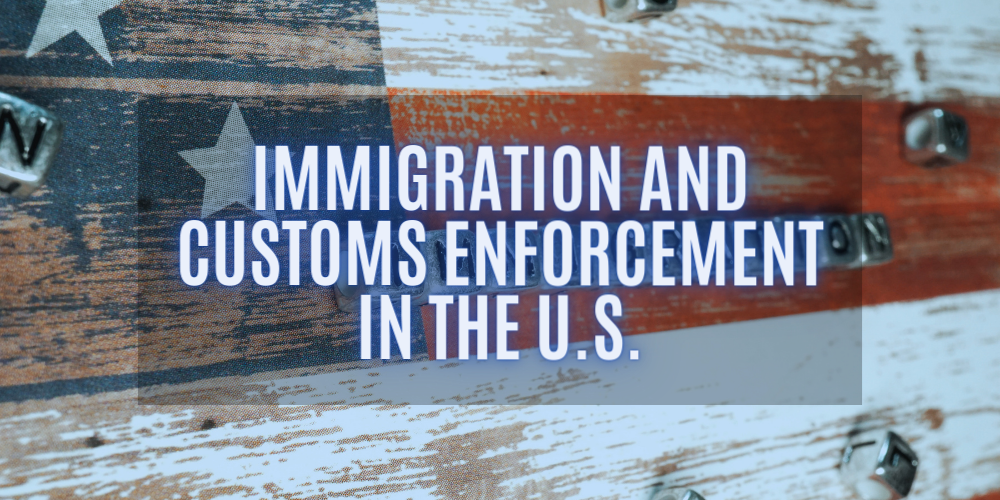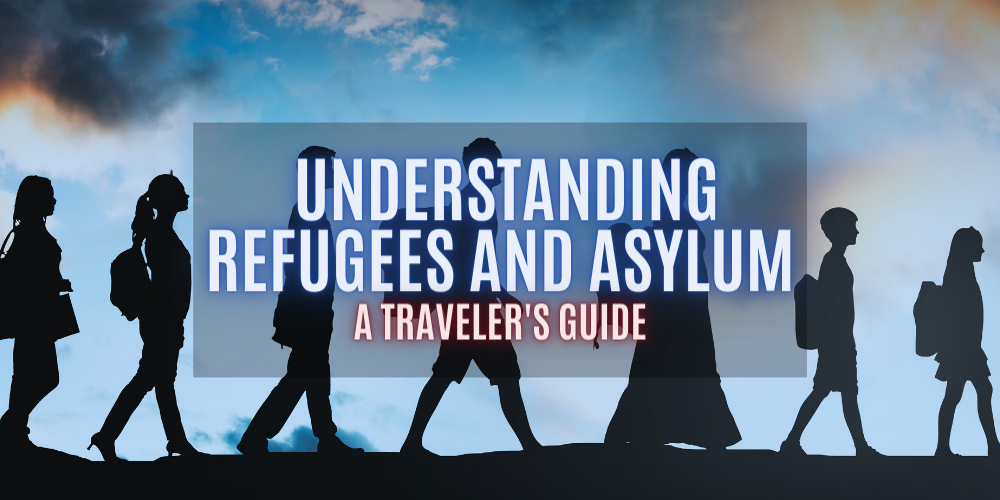--------- The Ultimate Guide to Traveling in Europe: Tips, Tricks, and Must-Knows
Feb 27, 2024

With its rich history, diverse cultures, and breathtaking landscapes, Europe beckons travelers from all corners of the globe. Whether you're dreaming of sipping espresso in a bustling Italian piazza, exploring the historic streets of Prague, or basking in the Grecian sun, Europe offers a myriad of experiences. This guide is designed to help you navigate the essentials of European travel, making your adventure both memorable and seamless.
Preparing for Your European Adventure
Visa and Entry Requirements: Traveling to Europe is a dream for many, but it's essential to be aware of the visa and entry requirements before you embark on your journey. Whether you're planning a multi-country tour or a single-destination holiday, understanding these requirements will ensure a smooth and stress-free entry into European countries.
1. Schengen Visa for Non-EU Travelers
The Schengen Area, a zone comprising 26 European countries, allows for borderless travel among its member states. However, citizens from many countries outside the EU are required to obtain a Schengen visa. This visa permits travel within the Schengen Area for up to 90 days within a 180-day period for tourism, business, or family visits. The application process involves gathering various documents, including proof of accommodation, travel itinerary, and travel insurance and typically submitting these to the consulate of the country that is your main destination or first point of entry.
2. ETIAS Authorization for Visa-Exempt Travelers
Starting from 2023, non-EU citizens who are currently visa-exempt will need to obtain an ETIAS (European Travel Information and Authorization System) authorization before their trip. This system is similar to the ESTA used by the United States. The ETIAS application is completed online and is a quicker and simpler process than a traditional visa application. Travelers need to check their eligibility for ETIAS and apply well in advance of their travel dates.
3. Visa Requirements for the United Kingdom and Ireland
It’s important to note that the United Kingdom and Ireland are not part of the Schengen Agreement. Travelers wishing to visit these countries may need to apply for a separate visa, depending on their nationality. The UK, in particular, has its visa process, which requires an online application and often, an appointment at a visa application center.
4. Staying Informed About Current Requirements
Visa and entry requirements can change, and travelers must stay informed about the latest information. Always check the official immigration or consulate websites of the countries you plan to visit for the most current visa requirements and travel advisories. Additionally, some countries have specific entry requirements related to health, such as vaccinations or health certificates.
5. Preparing the Necessary Documentation
When applying for a visa or travel authorization, ensure that all your documentation is complete and accurate. This typically includes a valid passport, proof of sufficient funds for your stay, return or onward travel tickets, travel insurance, and accommodation bookings. Incomplete or incorrect applications can lead to delays or even visa denials.
6. Travel Insurance Requirements
Many European countries require visitors to have travel insurance covering medical emergencies. This insurance must be valid throughout the Schengen Area and cover expenses up to a specified amount (often €30,000). Ensure that your insurance policy meets these requirements to avoid issues upon entry.
7. Long-Stay Visas and Residence Permits
If you plan to stay in Europe for more than 90 days, you will likely need to apply for a long-stay visa or residence permit, which is specific to the country you're planning to stay in. These applications are typically more complex and require additional documentation, such as proof of income or a job contract.
Travel Insurance: Don’t overlook travel insurance. It’s not just a formality; it's essential for covering unexpected medical expenses and travel mishaps. Ensure your policy covers healthcare, trip cancellations, and if you're an adventure seeker, any specific activities like skiing or hiking.
Budget Planning: Europe can be as expensive or budget-friendly as you make it. Accommodation, dining, and transport costs vary widely between countries and cities. Consider budget airlines for inter-European travel and remember that Eastern Europe often offers more affordable experiences than its Western counterpart.
Navigating Transportation in Europe
Flying Into and Around Europe: Major airports like Heathrow, Charles de Gaulle, and Frankfurt are typical entry points. For budget-conscious travelers, airlines such as Ryanair and EasyJet offer economical options for hopping across the continent.
Embracing Rail Travel: Europe’s rail network is legendary. A Eurail Pass can be a cost-effective way to explore multiple countries. Remember, high-speed trains like the TGV in France often require reservations in addition to your rail pass.
Public Transportation Systems: Cities like London, Paris, and Berlin boast efficient public transport systems. Familiarize yourself with metro maps and consider purchasing a transport pass for your stay in each city.
Accommodation Choices
Hotels vs. Hostels: Hotels offer comfort and privacy, while hostels are great for meeting fellow travelers and sticking to a budget. Many hostels provide private rooms, blending the hostel experience with hotel privacy.
Airbnb and Vacation Rentals: These options can offer a more local experience. Ensure to check reviews and the rental’s location in relation to the sights you wish to visit.
Unique Accommodations: Europe offers unique stays like castle hotels in Scotland or vineyard guesthouses in Italy. Such experiences can add a special touch to your trip.
Cultural Insights and Etiquette
Language Barriers and Communication: While English is widely spoken, learning a few phrases in the local language goes a long way. Mobile apps like Duolingo or Google Translate can be lifesavers.
Cultural Norms and Practices: From tipping etiquette in restaurants to greeting customs, each country in Europe has its nuances. A little research can help you avoid faux pas and enhance your cultural experience.
Local Festivals and Events: Plan your visit around local festivals for an unforgettable experience. From Spain’s La Tomatina to Germany’s Oktoberfest, these events offer a deep dive into local traditions.
Food and Dining in Europe
Exploring Local Cuisine: Every European country has its culinary delights. Don't miss out on the paella in Spain, the authentic Neapolitan pizza in Italy, or the rich stews of Hungary.
Dining Out vs. Self-Catering: Eating out can be an adventure in itself, but for longer stays, consider self-catering to save money. Local markets are treasure troves of fresh produce and regional specialties.
Food Tours and Cooking Classes: Participate in food tours or cooking classes for a hands-on experience with local cuisine. It’s a great way to understand the culture and history behind the food.
Sightseeing and Attractions
Must-Visit Destinations: Europe is filled with iconic sights, from the Eiffel Tower in Paris to the Colosseum in Rome. But also explore the lesser-known gems like the fairy-tale streets of Český Krumlov in the Czech Republic or the rugged beauty of Scotland’s Isle of Skye.
Museum Visits and Cultural Sites: Many European cities offer city passes that include access to major museums and attractions. Always check if there are free entry days or discounted tickets available online.
Outdoor and Adventure Activities: Europe isn’t just about urban adventures. Its diverse landscapes offer hiking, skiing, beach holidays, and more. The Alps and the Mediterranean are just two examples of the myriad options available.
Staying Connected and Safe
Connectivity: Staying connected is essential for most modern travelers. Europe offers several options for travelers to stay online. SIM cards with data plans are readily available and can be a cost-effective way to use your phone abroad. eSIMs are becoming increasingly popular, offering a convenient and flexible way to get data without changing your SIM card. Wi-Fi is widely available in cafes, hotels, and public spaces, but always be cautious when using public networks – avoid accessing sensitive information on unsecured networks.
Health and Safety: Europe is generally a safe destination, but it's always wise to take standard safety precautions. Keep your valuables secure, be aware of your surroundings, and avoid risky areas, especially at night. In terms of health, the European Health Insurance Card (EHIC) provides EU citizens access to state-provided healthcare at a reduced cost or sometimes free. Non-EU citizens should ensure their travel insurance covers medical expenses. Familiarize yourself with the emergency numbers – 112 is the general emergency number across the EU.
Sustainable and Responsible Travel
Eco-Friendly Practices: Traveling sustainably is increasingly important. Opt for eco-friendly accommodations, use public transport, and minimize your carbon footprint. Consider activities that have a minimal environmental impact, like hiking, biking, or kayaking.
Supporting Local Communities: One of the best ways to travel responsibly is to support local communities. Shop at local markets, dine at local restaurants and choose tours operated by local guides. This not only provides a more authentic experience but also helps ensure your tourism dollars benefit the local economy directly.
Cultural Respect and Preservation: Finally, show respect for the cultures and traditions you encounter. Be mindful of local customs, dress appropriately when visiting religious sites, and ask for permission before taking photos of people. Remember, you are a guest in these places – your respect and sensitivity can make a positive impact.
Traveling in Europe is an enriching experience that offers something for every type of traveler. With the right preparation and a sense of adventure, your European journey will be filled with unforgettable memories. Remember to travel responsibly, respecting the cultures and environments that make Europe so uniquely captivating.
Recent Articles

Immigration Benefits and Rights: An Informative Guide for Travelers
Understanding immigration benefits and rights is essential for anyone considering travel or relocati

SEVIS Simplified: A Complete Guide for International Students and Exchange Visitors
If you're planning to study or participate in an exchange program in the United States, understandin

Understanding ICE: Navigating the Role of Immigration and Customs Enforcement in the U.S.
Immigration and Customs Enforcement (ICE) plays a pivotal role in the U.S. immigration system. As tr

Investing in the American Dream: A Comprehensive Guide to the EB-5 Immigrant Investor Program
The EB-5 Immigrant Investor Program offers a unique pathway to U.S. residency for foreign investors

Finding Safety: A Traveler's Guide to Understanding Refugees and Asylum
Refugees and asylum seekers are central figures in the global discussion on immigration and human ri

Navigating Optional Practical Training: A Guide for International Students
Embarking on an educational journey to the U.S. opens up a world of opportunities, not just for acad
Read More

Immigration Benefits and Rights: An Informative Guide for Travelers

SEVIS Simplified: A Complete Guide for International Students and Exchange Visitors

Understanding ICE: Navigating the Role of Immigration and Customs Enforcement in the U.S.

Investing in the American Dream: A Comprehensive Guide to the EB-5 Immigrant Investor Program

Finding Safety: A Traveler's Guide to Understanding Refugees and Asylum

Navigating Optional Practical Training: A Guide for International Students

Welcome to the GovAssist blog. We know that navigating the maze of visa applications and online forms can be as tricky as choosing the perfect travel playlist (which is all we want you worrying about anyway).
Throughout our years of experience, though, we’ve uncovered a mountain of knowledge which, via this blog, we’re sharing with you! Whether you're diving into the world of travel visas, wondering about the ESTA online hustle, or just trying to figure out the DS160 form, think of us as your online concierge, here to make the process easy and most of all, clear.
At this point in our global context, who has time for endless paperwork and confusing legal jargon? No one. That's why we're all about spilling the tea on online visa hacks, easier-to-work-with DS160 forms, and giving you tips on everything from tourist visas to immigration, to that last-minute ESTA online adventure.
So, just plug in a word you’re curious about on the search bar, and boom. We've got the tips, tricks, and insider info to help you (and anyone else you may be traveling with) get to your travel destination with the confidence of a seasoned traveler.
Now go explore!